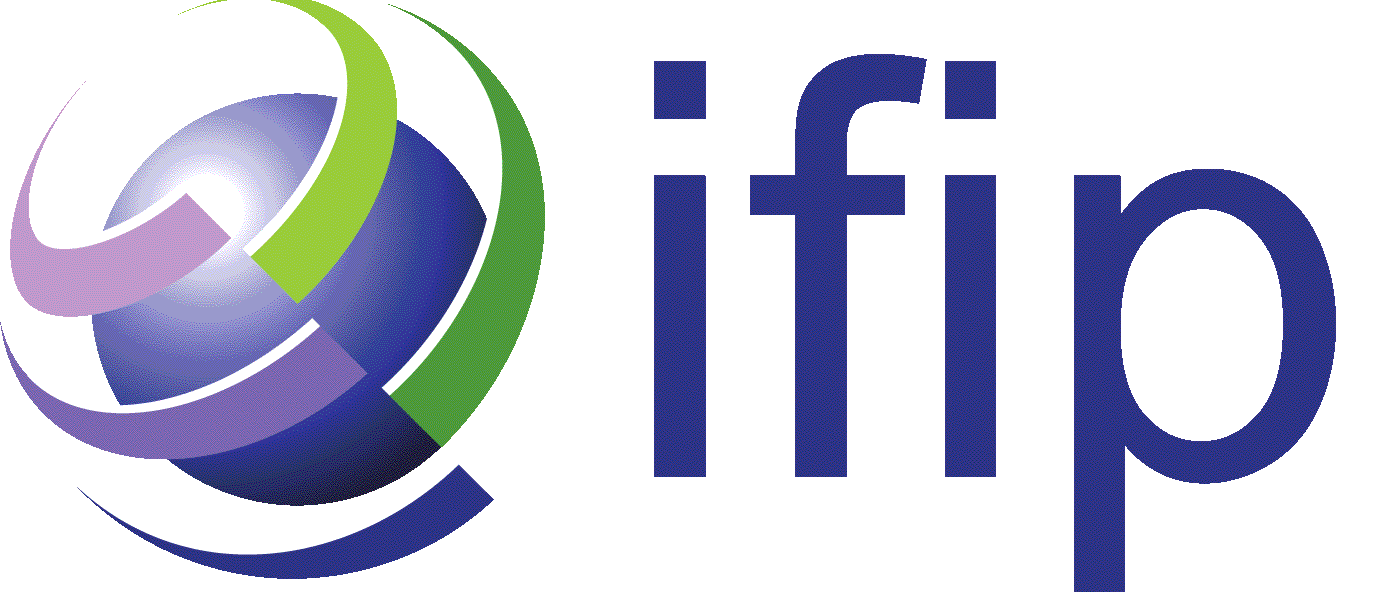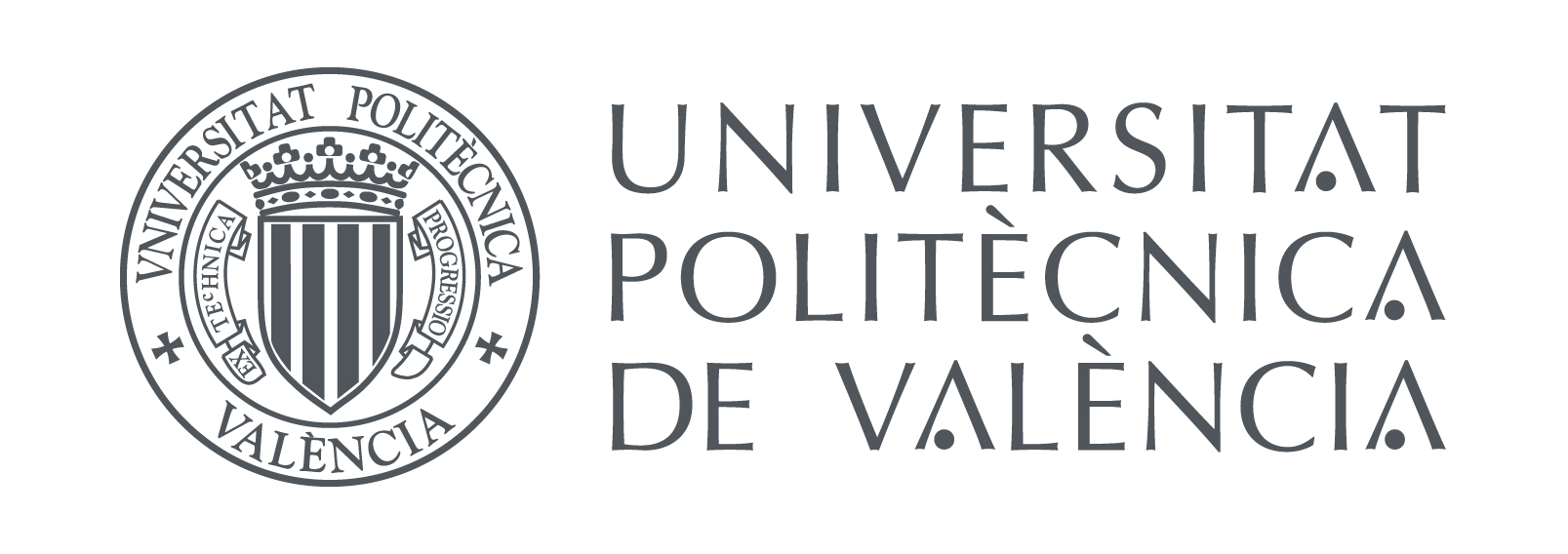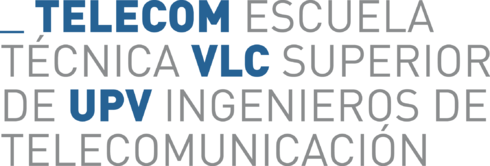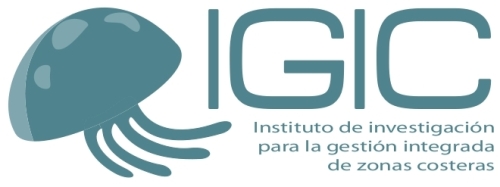The International Workshop on Security and Privacy in Wireless and Mobile Networks
(S&PWM 2017)
Scope:
Security and Privacy is the top and the most critical research topic around the globe. This workshop in conjunction with 10th Wireless and Mobile Networking Conference (WMNC 2017) seeks submissions from academia, and industry to debate the issues in every aspect, and the novel theoretical and practical solutions related to security and privacy in Wireless and Mobile Networks.
Topics include but are not limited to the following:
- Threat and vulnerability identification and modelling
- Network Intrusion Detection and Prevention, Firewalls, Packet Filters
- Malware Analysis and Detection including Botnets, Trojans and APTs
- Web and Systems Security
- Distributed Denial of Service Attacks and Defenses
- Communication Privacy and Anonymity
- Circumvention and Anti-Censorship Technologies
- Forensics Techniques
- Public Key Infrastructures, Key Management, Credential Management
- Formal methods for security
- In Pervasive and Ubiquitous Computing, e.g., RFIDs
- In Peer-to-Peer and Overlay Networks
- In Emerging Technologies: VoIP, Internet-of-Things, Social Networks
- In Cloud, Data Center and Software-Defined Networks
- In Cyber-Physical Systems
Important Dates
Paper Submission: June 20 2017
Acceptance Notification: June 30, 2017
Camera Ready Submission: July 15, 2017
Paper Submission
Authors who wish to participate in the conference will create documents consisting of a complete description of their ideas and applicable research results in maximum 8 pages (two-column format).
Papers should be formatted according to the Author Guidelines described here. All papers must be written in English and submitted in PDF format, for template and other details Click here.
Evaluation Process
Paper submissions will be reviewed by experts selected by the conference committee for their demonstrated knowledge of particular topics. The progress and results of the review process will be posted on this website, and authors will also be notified of the review results by email. Accepted papers will be published in the conference proceedings with an ISBN.
Instructions and Policies
Single blind review: WMNC 2017 reviewing is single blind, which means that authors do not know the names of the reviewers of their papers, and reviewers do know the names of the authors.
Dual submissions: By submitting a manuscript to WMNC, the authors guarantee that it has not been previously published (or accepted for publication) in substantially similar form. Furthermore, no paper which contains significant overlap with the contributions of this paper either has been or will be submitted during the WMNC 2017 review period to either a journal or a conference.
Accepted and presented papers will be published in the conference proceedings and will be indexed in IEEE Xplore. Authors of papers of special merit will be invited to send their extended versions to a Special Issue organized for this purpose in International renowned Journals.
Important IEEE Policy Announcement
The IEEE reserves the right to exclude a paper from distribution after the conference (including its removal from IEEE Xplore) if the paper is not presented.
ORGANIZING COMMITTEE
Kashif Saleem and Jalal Al-Muhtadi
Center of Excellence in Information Assurance (CoEIA),
King Saud University, Saudi Arabia.
TECHNICAL PROGRAM COMMITTEE
Adel Ali Ahmed, King Abdulaziz University, KSA
Al-Sakib Khan Pathan, Southeast University, Bangladesh
Alois Paulin, Technische Universität München-KRI, Germany
Amjad Gawanmeh, Khalifa University, UAE
Armin Schneider, Klinikum r. d. Isar der Technischen Universität München, Germany
Basit Shahzad, King Saud University, KSA
Christoph Thuemmler, Edinburgh Napier University, UK
Fernando Koch, Samsung Research Institute Brazil
Haider Abbas, CoEIA, King Saud University, KSA
Isabel de la Torre Díez,
University of Valladolid, Spain
Jalal Al-Muhtadi, CoEIA, King Saud University, KSA
Joel Rodrigues, National Institute of Telecommunications (Inatel), Brazil; Instituto de Telecomunicações, UBI, Portugal
Kalloniatis Christos, University of the Aegean, Greece
Mehmet Orgun, Macquarie University, Australia
Mohamed H. Eldefrawy, CoEIA, King Saud University, KSA
Mohd Adib Sarijari, University Technology Malaysia, Johor, Malaysia
Mubashir Rehmani, COMSATS Institute of Information Technology , Pakistan
Muhammad Imran, King Saud University, KSA
Rajan Shankaran, Macquarie University, Australia
Sayim Khalil, CoEIA, King Saud University, KSA
Yacine Challal, SURES Research Team, Ecole nationale Supérieure d'Informatique, Algiers
Yaqoub S. Baguda, King Abdulaziz University, KSA




